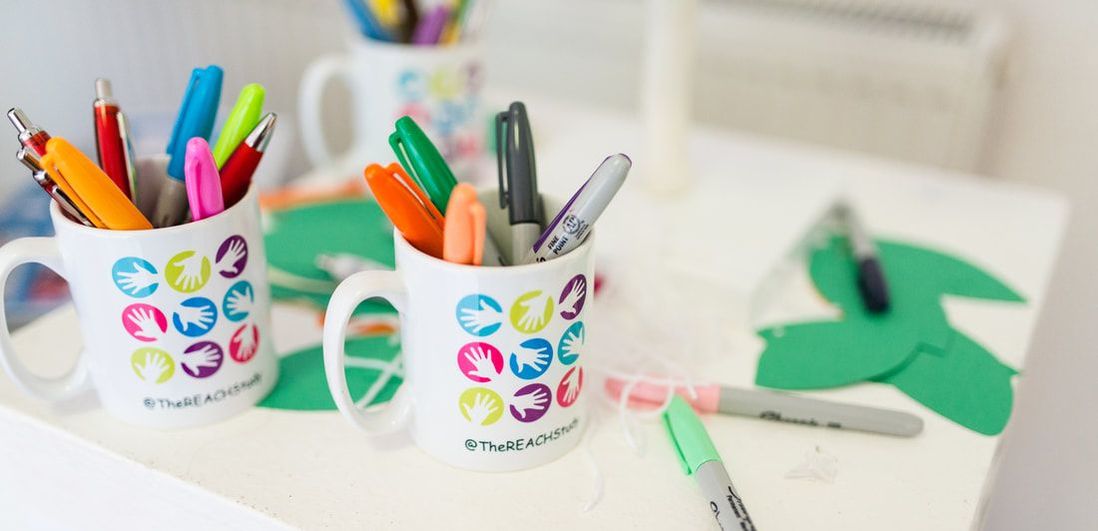About REACH
|
The study is called REACH, which stands for Resilience, Ethnicity, and AdolesCent Mental Health. It is a large scale study, funded by the European Union and conducted by researchers from King's College London.
|
Vertical Divider
|
Why is this study being done?
|
Most mental health problems begin when people are still at school. The aim of this study is to understand better what factors lead to good mental health and what factors lead to poor mental health in young people from all backgrounds. The findings from this research will provide important information on how and when to intervene to improve mental health and wellbeing among young people during this critical period. For more information about mental health, visit our "what is mental health?" page and our resources page. |
Your child's involvement so far
The first phase of REACH took place between 2015 and 2020. If your child took part in REACH, they will have completed a questionnaire at school about their mental health and life experiences. They might have also completed a further questionnaire and some reasoning tasks during this time. All their responses were confidential to the research team and were not seen by other pupils, teachers, or staff at the school.
During the pandemic , we invited your child to take part in three online questionnaires about their experiences during the COVID-19 pandemic. Their responses helped us to learn more about the impact of the pandemic on young people’s mental health.
During the pandemic , we invited your child to take part in three online questionnaires about their experiences during the COVID-19 pandemic. Their responses helped us to learn more about the impact of the pandemic on young people’s mental health.
What's happening now?
We are now inviting your child to take part in the next phase of REACH which focuses on the Transition to Adulthood. Your child will be invited to take part in a short paid online questionnaire that will focus on the impacts of current challenges on young people’s mental health. We will be asking questions about their mental health and topics such as:
We are particularly interested in how these challenges affect young people's mental health as they are entering adulthood.
- The cost-of-living crisis
- Housing instability
- Academic or work pressures
We are particularly interested in how these challenges affect young people's mental health as they are entering adulthood.
What do I need to do?
All REACH participants are now aged 16+ so you no longer need to provide consent for them to take part. We will invite your child to take part in the study and they can decide whether they want to participate.
We have previously asked REACH participants for their contact details so that we can stay in touch with them. Your child might have put you down as their nominated contact: this means that they are happy for us to contact you if we’re struggling to get in touch with them. If you have been nominated as a contact, we may get in touch to check your child’s contact details and ask for your help to reach them.
It’s really important that we keep in touch with as many REACH participants as possible - and we really appreciate the help and support of everyone who shares their time with us.
We have previously asked REACH participants for their contact details so that we can stay in touch with them. Your child might have put you down as their nominated contact: this means that they are happy for us to contact you if we’re struggling to get in touch with them. If you have been nominated as a contact, we may get in touch to check your child’s contact details and ask for your help to reach them.
It’s really important that we keep in touch with as many REACH participants as possible - and we really appreciate the help and support of everyone who shares their time with us.




